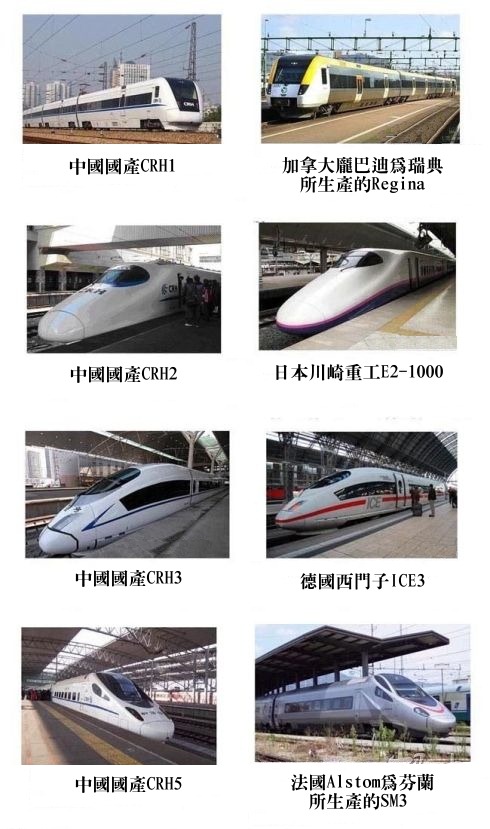China Reins In Entertainment and Blogging

Sim Chi Yin for The New York Times
An Internet cafe in Beijing. China is trying to rein in microblogs.
By SHARON LAFRANIERE, MICHAEL WINES and EDWARD WONG
Published: October 26, 2011
Now, the party appears to be saying “enough.”Whether spooked by popular uprisings worldwide, a coming leadership transition at home or their own citizens’ increasingly provocative tastes, Communist leaders are proposing new limits on media and Internet freedoms that include some of the most restrictive measures in years.
The most striking instance occurred Tuesday, when the State Administration of Radio, Film and Television ordered 34 major satellite television stations to limit themselves to no more than two 90-minute entertainment shows each per week, and collectively 10 nationwide. They are also being ordered to broadcast two hours of state-approved news every evening and to disregard audience ratings in their programming decisions. The ministry said the measures, to go into effect on Jan. 1, were aimed at rooting out “excessive entertainment and vulgar tendencies.”
The restrictions arrived as party leaders signaled new curbs on China’s short-message, Twitter-like microblogs, an Internet sensation that has mushroomed in less than two years into a major — and difficult to control — source of whistle-blowing. Microbloggers, some of whom have attracted millions of followers, have been exposing scandals and official malfeasance, including an attempted cover-up of a recent high-speed rail accident, with astonishing speed and popularity.
On Wednesday, the Communist Party’s Central Committee called in a report on its annual meeting for an “Internet management system” that would strictly regulate social network and instant-message systems, and punish those who spread “harmful information.” The focus of the meeting, held this month, was on culture and ideology.
Analysts and employees inside the private companies that manage the microblogs say party officials are pressing for increasingly strict and swift censorship of unapproved opinions. Perhaps most telling, the authorities are discussing requiring microbloggers to register accounts with their real names and identification numbers instead of the anonymous handles now in wide use.
Although China’s most famous bloggers tend to use their own names, requiring everyone to do so would make online whistle-blowing and criticism of officialdom — two public services not easily duplicated elsewhere — considerably riskier.
It would “definitely be harmful to free speech,” said one microblog editor who refused to be named for fear of reprisal.
This newly buttoned-down approach coincides with a planned shift in the top leadership of the ruling party and government, an intricate process that will last for the next year. During such a period, tolerance for outspokenness outside official channels tends to shrink, and bureaucrats eager for promotion show their conservative stripes.
The crackdown also follows popular uprisings across the Middle East that appear to have given China’s leaders pause regarding their own hold on absolute power. In the view of some, it also tracks the influence in China’s ruling hierarchy of hard-liners like Zhou Yongkang, the public security chief who helped preside over the suppression of riots by ethnic Uighurs in western China’s Xinjiang region.
On Tuesday, Xinhua, the state news agency, reported that Mr. Zhou was urging authorities “to solve problems regarding social integrity, morality and Internet management” and that he had called for “the early introduction of laws and regulations on the management of the Internet,” among other things.
Nobody outside China’s closeted leadership knows the true reason for the maneuvers, beyond a general and intangible sense of uneasiness over the degree to which freer speech is taking root here.
The microblogs, or weibos, are perhaps the prime example. In the last year, weibos have become the forum of choice for Chinese to pass on news and gossip about scandals involving government and the elite. The two largest, run by the privately held Sina Corporation and Tencent Holdings, each count more than 200 million registered users.
In the face of official censorship, their weibos are filled with salacious tales of official malfeasance, such as a July frenzy — photographs included — over a Yunnan Province city official’s sex orgy. Industry insiders say the principal weibo (pronounced way-bwah) regulators, based in Beijing and the Shenzhen Communist Party Internet offices, have been assailed by government leaders elsewhere for allowing the scandals to spread online unchecked.
...

 IN THE past several days, China has been doing much soul-searching. More than 300 of the Communist Party’s most powerful leaders met in Beijing and discussed ways of boosting the nation’s “cultural soft power”: an admission that for all the country’s economic prowess it lacks the magnetic draw of a country like America. Ordinary Chinese, however, have been more preoccupied with a hit-and-run accident that caused the death of a two-year-old girl. A dearth of what one Chinese newspaper commentary called “moral soft power” has been widely blamed for her demise and the seeming cold-heartedness of passersby.
IN THE past several days, China has been doing much soul-searching. More than 300 of the Communist Party’s most powerful leaders met in Beijing and discussed ways of boosting the nation’s “cultural soft power”: an admission that for all the country’s economic prowess it lacks the magnetic draw of a country like America. Ordinary Chinese, however, have been more preoccupied with a hit-and-run accident that caused the death of a two-year-old girl. A dearth of what one Chinese newspaper commentary called “moral soft power” has been widely blamed for her demise and the seeming cold-heartedness of passersby.

